Early evaluation of cancer progression and treatments from radiological images using modeling and AI
By Olivier Saut
The main goal of this talk is to present examples of how mathematical modeling and AI may help clinicians following the evolution of solid cancer. As the main insight on the disease is obtained from routine radiological images, our models are image-driven. When longitudinal data is available (as standard follow-up), mechanistic models based on PDE may be built and offer useful predictions of the evolution of the disease. I will present the case of meningioma and the derivation of an accurate model for the description of their natural growths. For patient-specific simulations, models have to be personalized which adds an additional challenge: data assimilation. I will described some novel methods that we have developed to recover model parameters from radiological history of patients and eventually build decision-helping algorithms. In some other cases, a single exam is available in routine for each patient. In such cases mechanistic models tend to be replaced by AI algorithms (which could also be used for automatic segmentations of lesions). I will present how we hope to combine these two approaches to reach better prediction abilities.
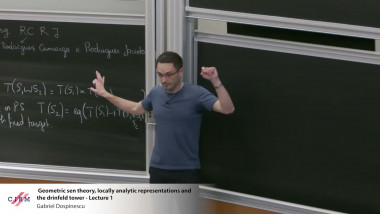
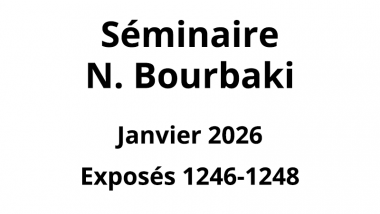









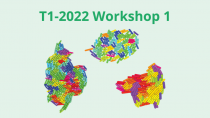
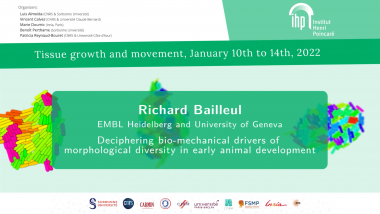


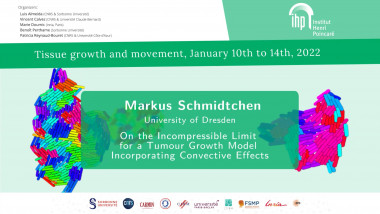



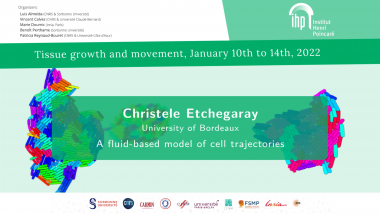


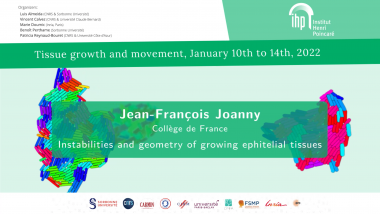
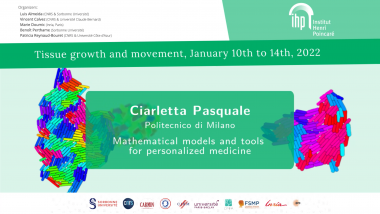
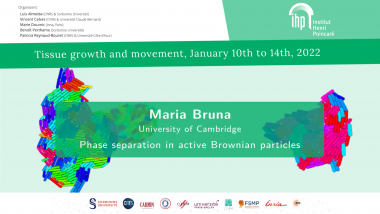
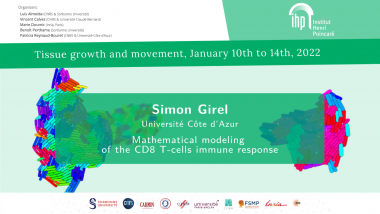

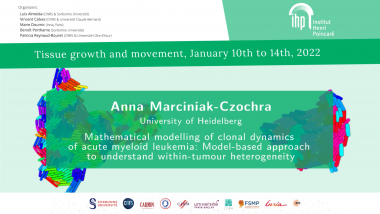
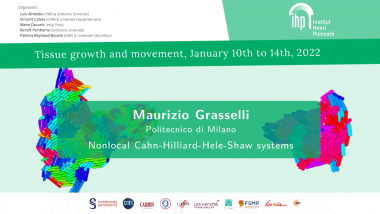
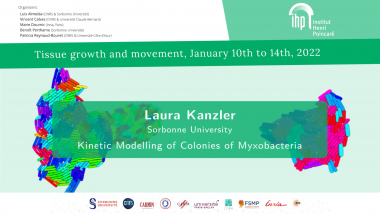
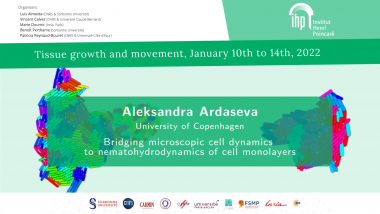
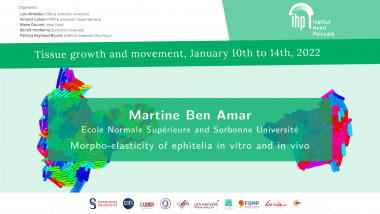
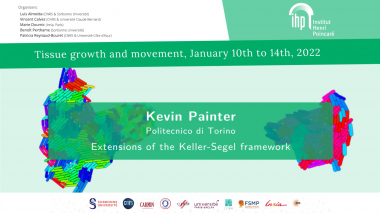
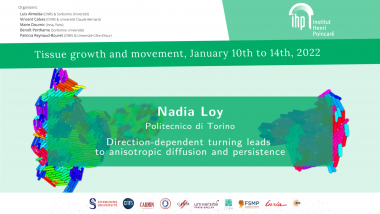

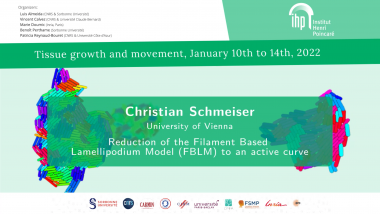

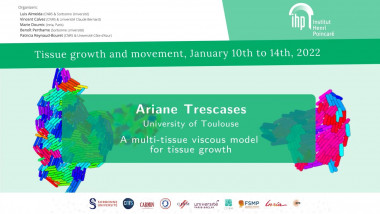
![[1246] The model theory of perfectoid fields](/media/cache/video_light/uploads/video/SeminaireBourbaki.png)
